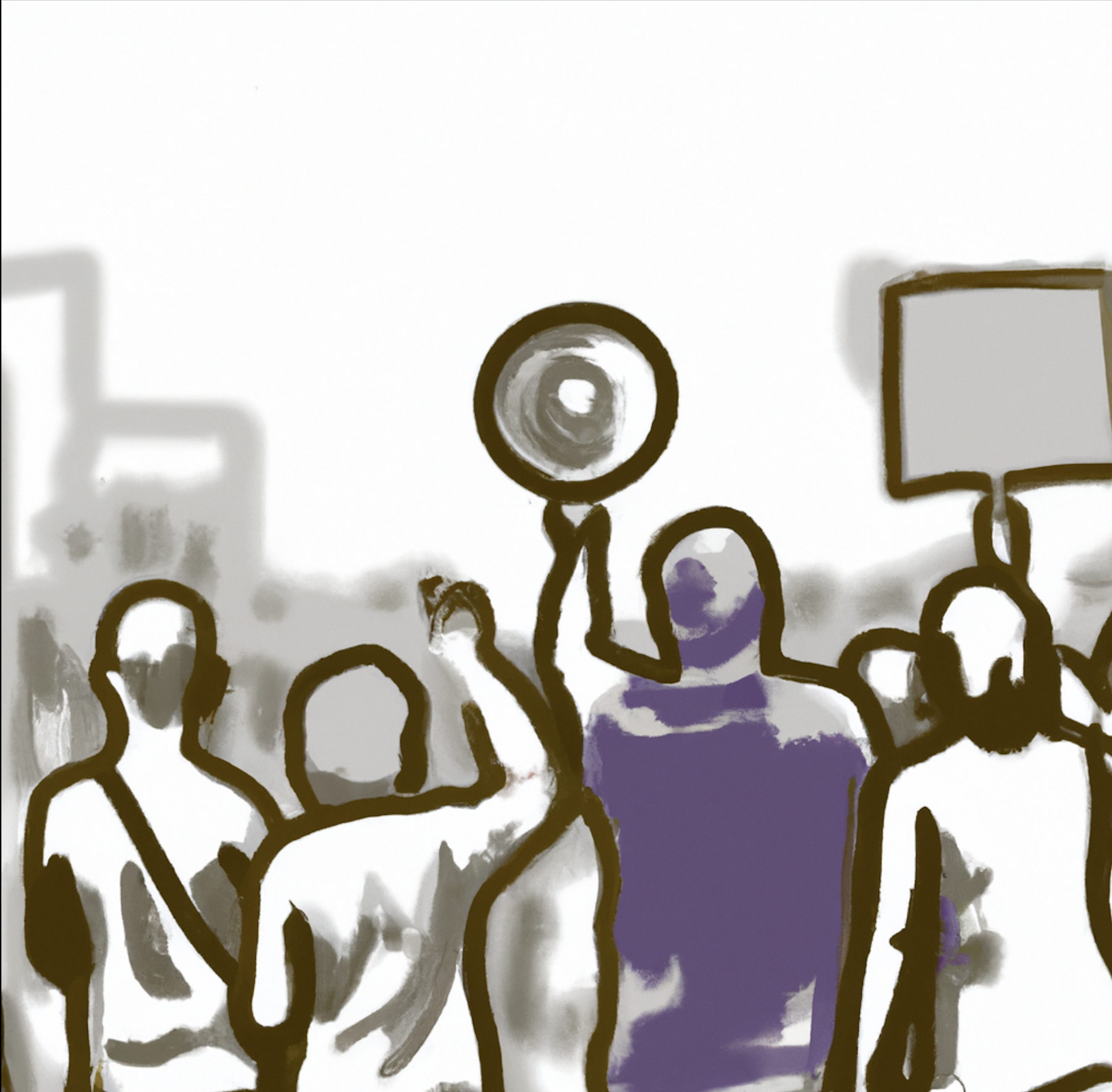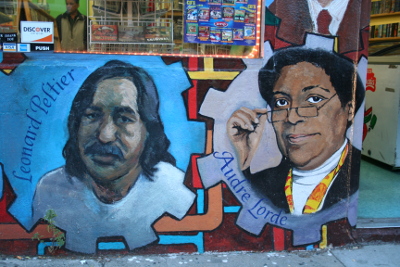Antonis Vradis is Senior Editor at CITY, based at Loughborough University.

I read John Berger―no. I read over John Berger. No, not even that, not quite. I slowly scan through the pages and investigate his words, returning to favourite passages and devouring new ones. I try to find what it is that makes these such a pleasure to read. I come to realise it is not the use of words alone―aberrant, disconcertingly, urgent and mute. No, it is not the use of the beautiful words. For all the joy I derive from encountering these, there is something in the mastery of their use, something in the way in which they have been moulded, crafted, slowly taken over. There is something in these words that radiates, in glaring lucidity, how they have travelled from afar to land onto the page, and how they have done so slowly. Slow: this great, unreachable luxury of a time that devours and diminishes; a time of so much action yet so little interaction where, from skimming through a text to skirmishing with the police, there is never the depth, never quite the prolonged quality that will turn the fleetingness of an ever-nonsensical moment into the substance of a coherent present.
Against the electric-like shock and violence of the current, Berger was the grounding: a serene reminder to stop if we are to ferociously act in any meaningful way. I pause. I find myself unable to put together any further thoughts. I listen to one of the last recordings, I suspect perhaps even the last one; an audio-recorded interview with a frail John Berger calling in from a Parisian suburb somewhere. A broken voice that pauses longer than the usual. I quickly travel back to a long Greek summer evening, back home, when I had the pleasure of taking a similar call myself. A request for a written interview turned down in the most humble of ways. “In transcribing an interview”, you tell me, “there is so much that is lost”. Pause. “There are the gestures”. Another pause. “There is the significance of the pauses, of the silences”. The sturdiness of a sonorous voice wrapped in a fleeting French accent: “Do you see?” I do see. A text, then? A text it will be.
A text that was―as always―not like most. I read it over. There is something in these seemingly fragmented notes that brings together the hard-to-remove packaging of modern-day commodities, the calculated rigidity of modern work, the Goulag, undocumented Mexicans in the States, and a young girl learning how to swim in a municipal indoor swimming pool. The images are jotted down in a stream of consciousness; separate but not fragmented, they come together to sketch out the great mystery of experiencing freedom in our prison-like world. Their prose, weaving fragments into a constant, has the serenity of playing punk music and the viciousness of painting a portrait. Their energy smells nothing of an auditorium. It reminds me of the scent of a favourite basement, where friends come together every now and then to enjoy the rawness of an improvised gig.
Friends tell me a sense of loss is near-irrational for someone your age. Of this I am not sure. I have now stood enough on this planet as it orbits around the sun to have witnessed what might very well be, statistically speaking (if this is even a fathomable quality), my fair share of loss. From the utterly unexpected―the loss of a dear childhood friend―to what would, I imagine, count as the “expected”: the departure of those up in the genealogical line. What is rational, anticipated or logical in the timing of our loss? There is of course the calculation of biology, the linearity of life, its trajectory, the timing of its end. But what remains of life when you break these linearities and trajectories apart? The timing becomes irrelevant. It would never be too soon or too late to say goodbye. Still, there is something deeply poetic in losing you at this moment of utter absence of meaning, when time whizzes so agonizingly fast, leaving us struck, frozen.
In the days passed since your passing, Athens has descended into a paralysing cold; vehicles coming to near-halt on its roads, passers-by evaporating from its pavements. Our freezing city might be trying to freeze time. I think it might even be trying to say goodbye.
Punk painter of words, prophet of the present: so long, so beautifully long, Johnny B.
https://medium.com/@da_slow/johhny-b-f71608a81032#.q9h6case7





